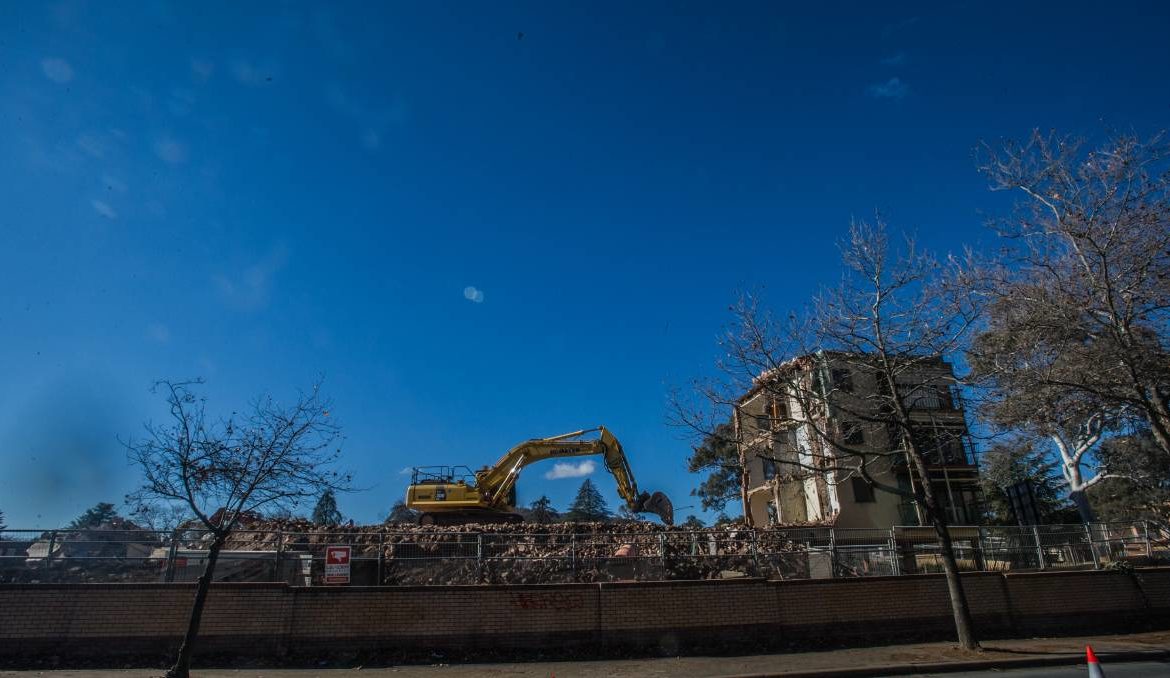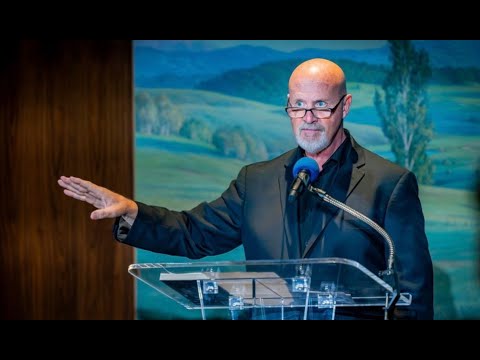news, latest-news, social housing, homelessness, poverty, unemployment, covid-19, coronavirus, act
The continuing economic impacts of COVID-19 are projected to increase housing stress by nearly a quarter and homelessness in the national capital by about 8 per cent, a new report has revealed. The report, released by The Equity Economics, shows 2021 is unlikely to be a relief for many as the COVID-19 economic fallout will continue a worrying trend toward growing homelessness and housing stress unless the federal government steps in. Across the nation, the report predicts a national rise in homelessness of 9 per cent and 24 per cent in housing stress. For Canberrans, the news is only marginally better with a 7.8 per cent increase in homelessness predicted for the capital while 23.7 per cent of territorial houses will come under housing stress. Kate Colvin, an advocate of affordable and social housing at Everybody’s Home, said the figures were concerning after many had already experienced a turbulent year. “It is still very worrying to have an 8 per cent increase in homelessness,” Ms Colvin said. “That will represent a lot of people whose lives are sent into turmoil as a consequence of homelessness and it’ll be very difficult for homeless services to respond to that increased need.” READ MORE: Poverty and homelessness statistics often showed Canberra and the territory more broadly in good stead compared to the national average but Ms Colvin said this wasn’t a reflection of everyone’s situation. While public servants, a relatively stable sector during the COVID-19 pandemic, make up a large portion of the workforce, there were still many left vulnerable by the shutdowns and mass job losses. “Whilst there are a lot of people who are in secure employment that, in many ways, pushes up the cost of housing, and that makes it even more difficult for people who are in insecure employment or on a really low income to afford rental [costs],” Ms Colvin said. “I think what these statistics are revealing is that unemployment might only be 4.4 per cent across the whole ACT but if you were to measure that unemployment in the non-public service workforce, it would be much higher. “Those people will be really struggling to keep up in the rental market.” The report recommends the federal government invest $7.2 billion in social housing, which it predicts will inject $18.2 billion and create around 18,000 jobs over the four years. Ms Colvin said it would take both the federal and local government working together to avoid this otherwise disastrous outcome. “We’re really calling on the federal government to put their fiscal firepower behind social housing investment,” Ms Colvin said. “States and territories could do more but the federal government has the lion’s share of taxation revenue and really should be stepping up to deliver those jobs and deliver those homes. “It takes both governments, but the federal government should be leading the response, as the federal governments did at other times of historical, economic crises.”
/images/transform/v1/crop/frm/fdcx/doc6voylr1hk6t8675365t.jpg/r10_218_4245_2611_w1200_h678_fmax.jpg
The continuing economic impacts of COVID-19 are projected to increase housing stress by nearly a quarter and homelessness in the national capital by about 8 per cent, a new report has revealed.
The report, released by The Equity Economics, shows 2021 is unlikely to be a relief for many as the COVID-19 economic fallout will continue a worrying trend toward growing homelessness and housing stress unless the federal government steps in.
Across the nation, the report predicts a national rise in homelessness of 9 per cent and 24 per cent in housing stress. For Canberrans, the news is only marginally better with a 7.8 per cent increase in homelessness predicted for the capital while 23.7 per cent of territorial houses will come under housing stress.
Kate Colvin, an advocate of affordable and social housing at Everybody’s Home, said the figures were concerning after many had already experienced a turbulent year.
“It is still very worrying to have an 8 per cent increase in homelessness,” Ms Colvin said.
“That will represent a lot of people whose lives are sent into turmoil as a consequence of homelessness and it’ll be very difficult for homeless services to respond to that increased need.”
Poverty and homelessness statistics often showed Canberra and the territory more broadly in good stead compared to the national average but Ms Colvin said this wasn’t a reflection of everyone’s situation.
While public servants, a relatively stable sector during the COVID-19 pandemic, make up a large portion of the workforce, there were still many left vulnerable by the shutdowns and mass job losses.
“Whilst there are a lot of people who are in secure employment that, in many ways, pushes up the cost of housing, and that makes it even more difficult for people who are in insecure employment or on a really low income to afford rental [costs],” Ms Colvin said.
“I think what these statistics are revealing is that unemployment might only be 4.4 per cent across the whole ACT but if you were to measure that unemployment in the non-public service workforce, it would be much higher.
“Those people will be really struggling to keep up in the rental market.”
Everybody’s Home advocate Kate Colvin is worried about a trend toward increasing homelessness. Picture: Supplied
The report recommends the federal government invest $7.2 billion in social housing, which it predicts will inject $18.2 billion and create around 18,000 jobs over the four years.
Ms Colvin said it would take both the federal and local government working together to avoid this otherwise disastrous outcome.
“We’re really calling on the federal government to put their fiscal firepower behind social housing investment,” Ms Colvin said.
“States and territories could do more but the federal government has the lion’s share of taxation revenue and really should be stepping up to deliver those jobs and deliver those homes.
“It takes both governments, but the federal government should be leading the response, as the federal governments did at other times of historical, economic crises.”







